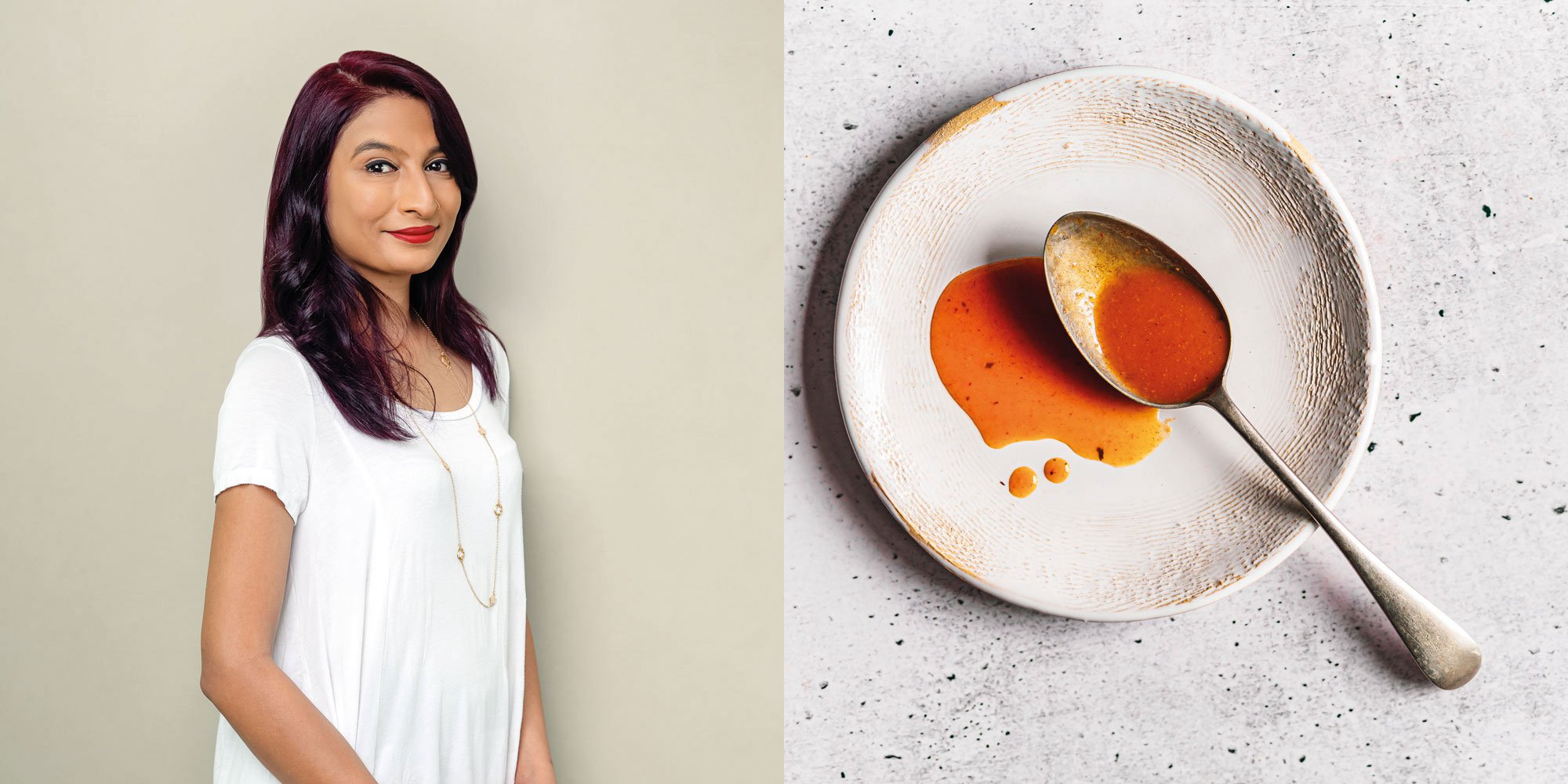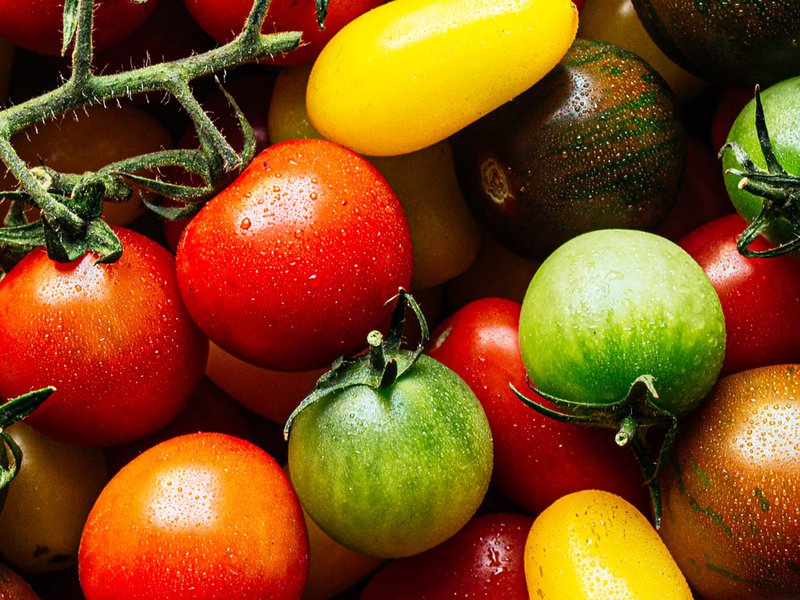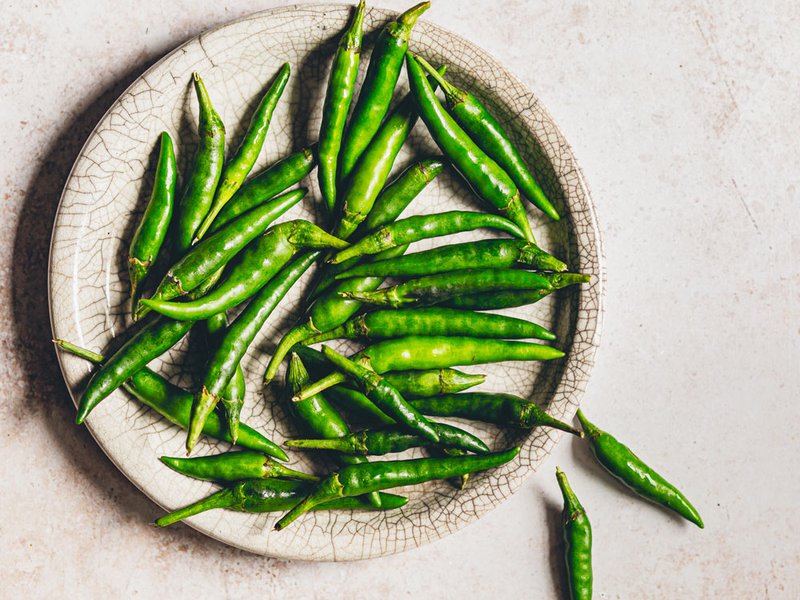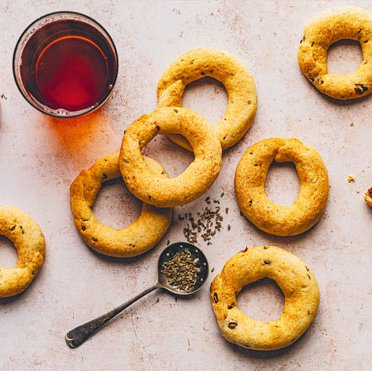Walking down a supermarket aisle in Dubai, today, you would be forgiven for thinking that the shelves always groaned under the weight of produce sourced from the far corners of the world. Take hot sauce, for instance. Anyone who knows me, knows that I have an entire section in my pantry dedicated to fiery, heartburn inducing condiments – Caribbean scotch bonnet sauce, Middle-Eastern shatta, home-grown businesses Haute Sauce’s lethal ghost pepper creation and Curious Elephant’s Vietnamese chilli sauce, Nando’s extra-hot peri peri, Mexican salsa verde, Sriracha and my home-made, Andhra-style mango pickle, to name a few.
My family’s pantry is my way of mapping the culinary evolution of Dubai over the decades – a city I have always called home. Growing up in the 80s, the only hot sauce that found a place in my mother’s pantry was the ubiquitous original Tabasco. Back then, this was the Grande Dame of all hot sauces and, moreover, I have no recollection of supermarkets stocking anything else. Fast forward 40 years to the present day, and Tabasco has slowly been edged off my pantry shelves fuelled by my appetite for newer and bolder flavours coupled with the constantly expanding global sourcing prowess of the city’s supermarkets.
Our present cornucopia renders it unfathomable that there existed a time when the UAE’s natives subsisted on a diet that was minimalistic, at best. Bedouin tribes in the desert primarily consumed dates and camel/goat milk for their nutrition, while those on the coast dried the season’s catch to help them through the leaner months. Those who lived near an oasis, or the mountains subsisted on basic farming and, if lucky, small game birds and animals. Food barters were the currency of those times if you hoped to survive the unforgiving topography and add a little variety to your plate. Early 20th-century trade links with India and Iran gradually infused spices and rice into the diet, thereby beginning the country’s trend of seamlessly assimilating alien flavours within its borders.
If the 70s and 80s were the beginning of Dubai’s culinary osmosis, the 90s were surely the period of its blossoming. My family’s usual pantry fare began to welcome previously unknown guests – broccoli, asparagus, rambutan, mangosteen and more. Back then, a trip to Spinneys, in the now defunct The Center in Deira, was a rare luxury and one of the few places where we could satiate our cravings for turkey as well as quail. Exotic (and expensive) as these were, they only cameoed on our dining table when it was certain that the monthly grocery budget would not collapse at their arrival.
Apart from these rare aberrations, my mother and her friends continued to shop the way they always did. A half-hour telephone conversation would spark off the process to determine the best time and day of the week to visit the open-air Karama fruit and vegetable market. In the days leading up to ‘grocery day,’ our pantry would undergo several inspections to carefully pen a list of everything that needed re-stocking. On the chosen day, they would descend on their preferred market vendor and assiduously begin the process of haggling. Finally, crates of produce would be shunted back home followed by the mandatory bill audit. Repeated twice every month, for years.
The first decade of the 21st century ushered in a culinary cacophony. Dubai was committed to making global headlines through superlative records and the food industry ravenously partook of that pie. I returned from a university and career stint abroad, to find that the city was thrumming to the beat of global franchise chains, gold-flecked cappuccinos and food retail outlets. Dubai was determined to be a sponge for every international culinary trend, no matter how outlandish and sans judgement. And all us denizens elatedly joined in this gastronomic confluence that made the city’s culinary borders ever more porous. After all, in a multi-cultural society, flavours from the motherland are rooted in the valises of our memories begging to be unpacked when the right ingredients are at hand.
But, no longer do we just cook the food of our parents. With supermarket chains like Spinneys, earmarking regional and even country specific shelf spaces, the sheer variety of available options entreats us to innovate and re-invent. My shopping cart and pantry are a testament to this phenomenon. While my mother stays true to her Indian green chillies, I seek excitement in Dutch habaneros and Thai bird’s eye chillies. I have forged a deep bond with heirloom tomatoes, prefer tenderstem broccoli and swear by garlic-infused olive oil. The stodgy block of processed Cheddar cheese, a snack staple of my childhood, has been ousted by dainty wedges of Gruyère, Emmental, Manchego and Brie. Quality Street toffees and Danish butter cookies have ceded to finer chocolates and shortbreads.
The memory of my mother boiling tap water in large pots to render it drinkable is, now, as elusive as it once was to find an entire supermarket section dedicated to mineral water. In this new era of culinary self-assurance, it is dangerously easy to forget the rigours that were endured even a mere 50 years ago.
In the last 10 years, the demand for locally grown, responsibly sourced and organically cultivated alongside the refrains of dairy-free, gluten-free, nut-free, and more have drastically altered the dining landscape. Establishments worthy of a Michelin-star, eclectic home-grown restaurant concepts and artisanal food businesses are fomenting a new kind of dietary lifestyle to appease diners with increasingly refined tastebuds. No more just a mere absorber of the avocado on toast-style trends, Dubai is carving out a niche for itself as a trendsetter. From exporting camel milk chocolates to increasing food self-sufficiency, the city’s culinary trajectory is quickly transforming.
Still, I am reminded of Dubai’s humble culinary roots every time my mother undertakes a grocery run. The city has pampered me, but not so much her. As she meticulously pores over her grocery receipts, I shop at my convenience, browsing the Spinneys website, ever cognisant that I am blessed to live in a city where the creativity and adaptability of our supermarkets now allows for the delivery of those beloved heirloom tomatoes to my doorstep.
About the author: Farida Ahmed is the general manager of Frying Pan Adventures – Dubai’s only food tour company, which was established by her sister, Arva. Together, they’re committed to preserving the foods, stories and community feel of a city that has witnessed incredible change through their lifetimes. Along with their team of longtime locals, they love exploring, researching, storytelling and eating – and they’re always hungry for new ways to rediscover the city they all call home.



